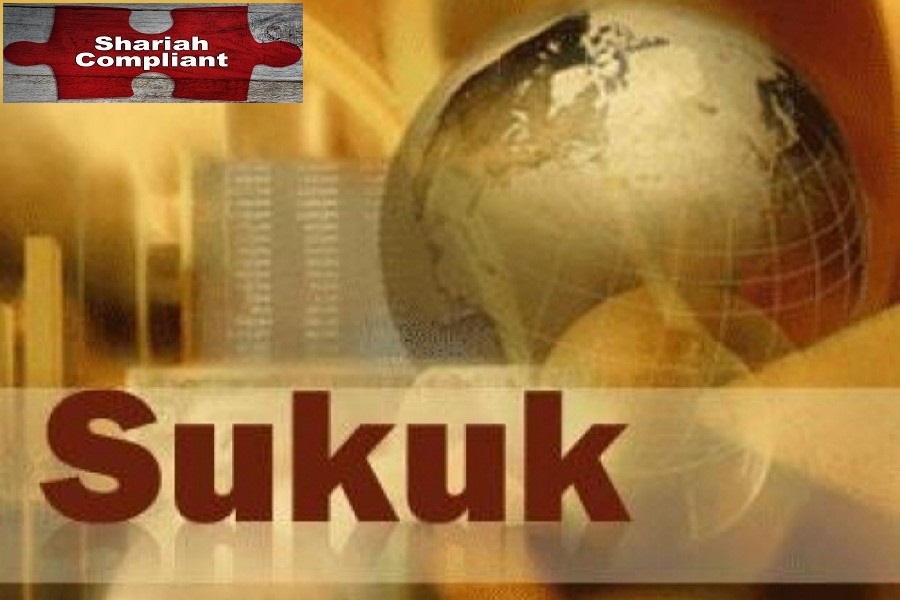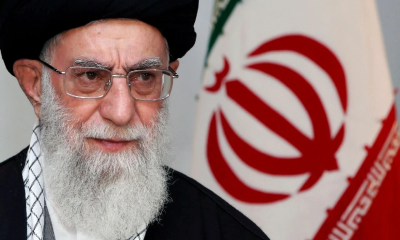Another tax benefit is being offered to encourage investment in Sharia-based Islamic bonds Sukuk. This time the investment source of this bond is going to get tax exemption.
The National Board of Revenue (NBR) will soon issue a notification in this regard.
Earlier this month, the NBR issued a circular exempting value added tax (VAT) on Sukuk's money investments.
At present, investments in US Dollar Premium Bonds, US Dollar Investment Bonds and Wage Earners Development Bonds are not subject to tax at source. But Sukuk bonds have a 5 per cent withholding tax.
Various initiatives of the Central Bank
Bangladesh Bank has also recently taken some initiatives to build an effective bond market. The central bank has given the opportunity to all the scheduled banks of the country to form a special fund of Tk 200 crore for the purpose of investing in the capital market. The banks will also be able to invest the money in Suku. This week, Bangladesh Bank has issued a notification in this regard.
A total of 8 thousand crore rupees in the Sukuk market
Bangladesh Bank is selling certificates worth Tk 8 thousand crore to investors in two phases, Tk 4 thousand crore each. On the contrary, they will make a profit. Sukuk is an Arabic word meaning a legal document that gives someone rights and responsibilities. Now, Sukuk has become a new source of government money.
The Islamic Shariah-compliant bond is becoming popular increasingly among the Muslim-majority countries. Various studies have revealed that these bonds have made a significant contribution to the economic development of Malaysia. The money raised through these bonds is mainly spent on the development of the infrastructure sector.
Sukuk is also coming to the capital market
Beximco Limited, a listed company in the country, is going to raise money by issuing Sukuk for the first time. The company will raise Tk 3,000 crore through the Sukuk, which will be invested in renewable energy and environmentally friendly industries.
How to run Islamic Bond Sukuk
This project will be built with the money of the investors. The government will hire this project. Investors will get profit from this rental money. At the end of the term, the government will buy the whole project and return the original money to the investors. In this way, the activities of this bond will be conducted for the first time.
Benefits for investors
At present, the depositors are getting only 2 percent profit in the bank. But in this context, Sukuk will get more than 4 percent profit. In addition, if the source tax is exempted, the amount will be close to 5 percent. All in all, Sukuk is going to be a special arrangement for ordinary investors as well.
Dr. Md. Bakhtiyar Hossain said that in times of crisis, it has performed comparatively better than the conventional markets. So the growth of Islamic financial resources is expected. Although Muslim investors were interested in investing in the conventional financial market, they were unable to do so. Because, according to Sharia law, interest, gambling, and risky transactions are completely prohibited. In this context, it is said that investing in Suku in the country will bring good results.
Difference between conventional bonds and Sukuk
A bond is an agreement between a lender and a borrower. It mentions the loan amount, repayment time and interest rate. It is not Shariah-compliant as conventional bonds contain interest, speculation, etc. And Sukuk is an investment certificate that guarantees ownership of assets. Usually, Sukuk holders gain ownership of the property and make a profit.
Why government wants to popularize Sukuk?
The long-term impact of government investment projects in the infrastructure sector is enormous which cannot be expected through the private sector. In order to do this, the government has been financing the deficit from the conventional banking and financial system. However, Sukuk's activities was started for the first time since December 28.
It is learned that the share of Shariah-based banks in the entire banking system is about 25 percent. However, there is no Shariah-supported material in the country to finance the government's deficit. As a result, on the one hand, financial institutions are deprived of the opportunity to invest in a more secure sector, on the other hand, the government is unable to use the funds of institutions to finance its deficit. Deficit financing through Sukuk will also reduce the government's interest expenditure.
















-20260302065048.webp)














-20260224075258.webp)



-20260225072312.webp)
